Photography series finds hidden faces in everyday objects
Smile! Your belongings are on camera. Berlin-based photography duo Studio Likeness has been productive during the city's multiple lockdowns of 2020-2021. Take a look back over the couple's photographic diary from the last year
Studio Likeness - Photography
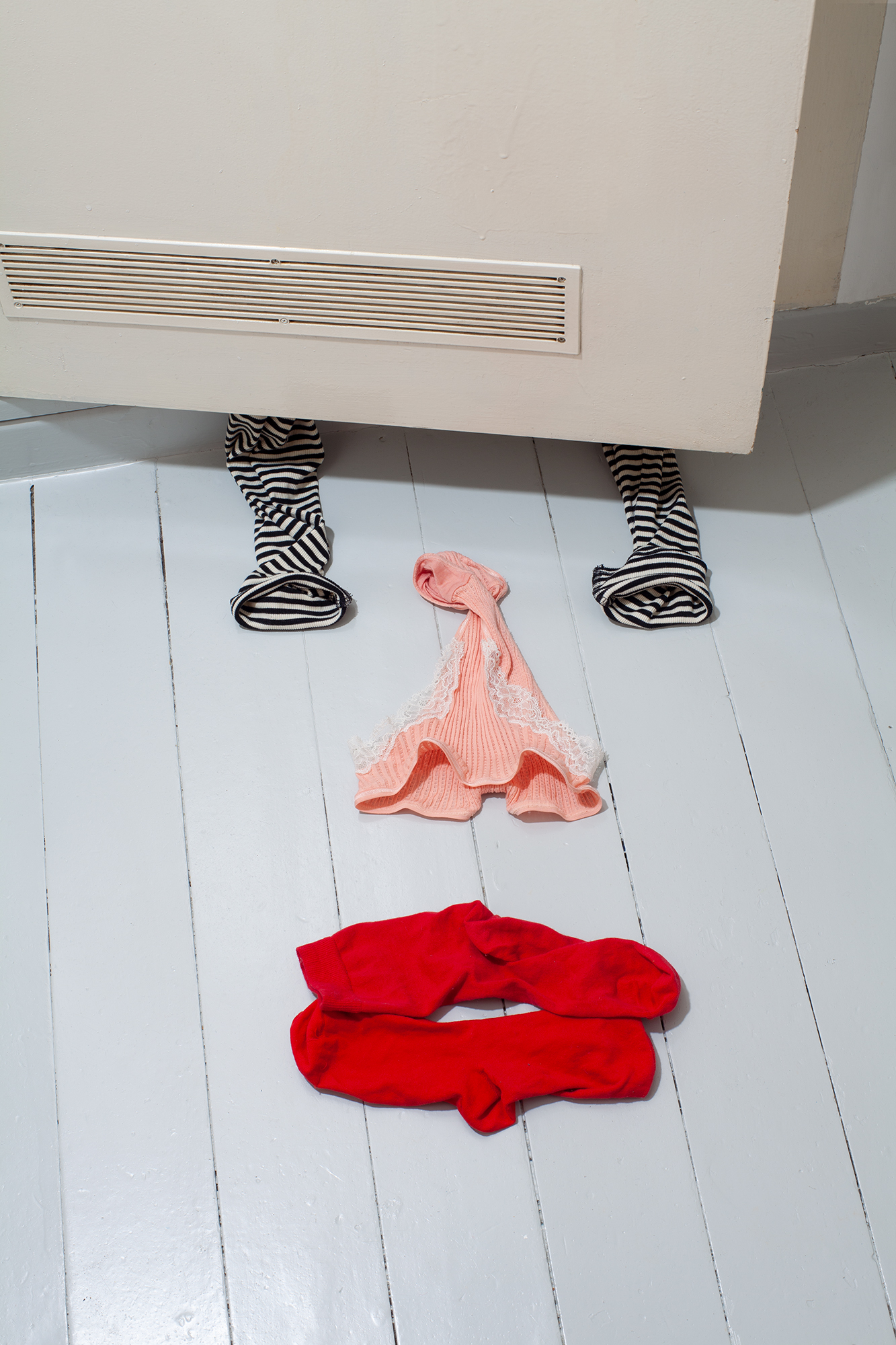
Since 2013, creative duo Julia Classen and Magdalena Lepka of Studio Likeness have been busy developing their very own visual language, working together on unique concepts for still life photos and videos. Based in Berlin, they explore ways of ‘irritating our perception and questioning photography's claim of reality'.
Lockdown photography offered an interesting opportunity to test the limits of reality in new and stranger ways, as they began to turn the lens on their own living spaces. A surreal venture followed, as Classen and Lepka found depictions of faces in their everyday belongings.
In this series we brought objects to life and made visible what we were missing.
The duo started taking snapshots of ‘faces' they discovered at home and sent them to each other. At some point, they automatically knew the lighthearted exchange was developing into a photographic series. After selecting their favourite domestic scenarios, they went about re-enacting them, and fine tuned the situations.
‘In the past year we spent more time at home and saw less of our friends than ever before,' the duo explains. ‘We missed them a lot and we knew that many people felt the same way about the lack of social encounters. So we went looking for new friends in our own homes and discovered friendly faces all around.'
A rougue pair of crumpled trousers tumbles out of a dryer, revealing the depiction of a nose within the folds. Two bright red socks fallen from a laundry bin form neatly pursed lips. Opened books blink like eyes, and elsewhere, an up-turned clothes hanger creates a wide smile, and discarded spaghetti forms a Picasso-like line drawing face in the base of a sink. This is the purest of portraiture; objects personified.
‘Photography is communication,' say the duo. ‘We wanted to send out something that feels familiar to everyone and yet surprises with a new way to look at it. In our photographs, objects are always the main protagonists. In this series we brought them to life and made visible what we were missing.'
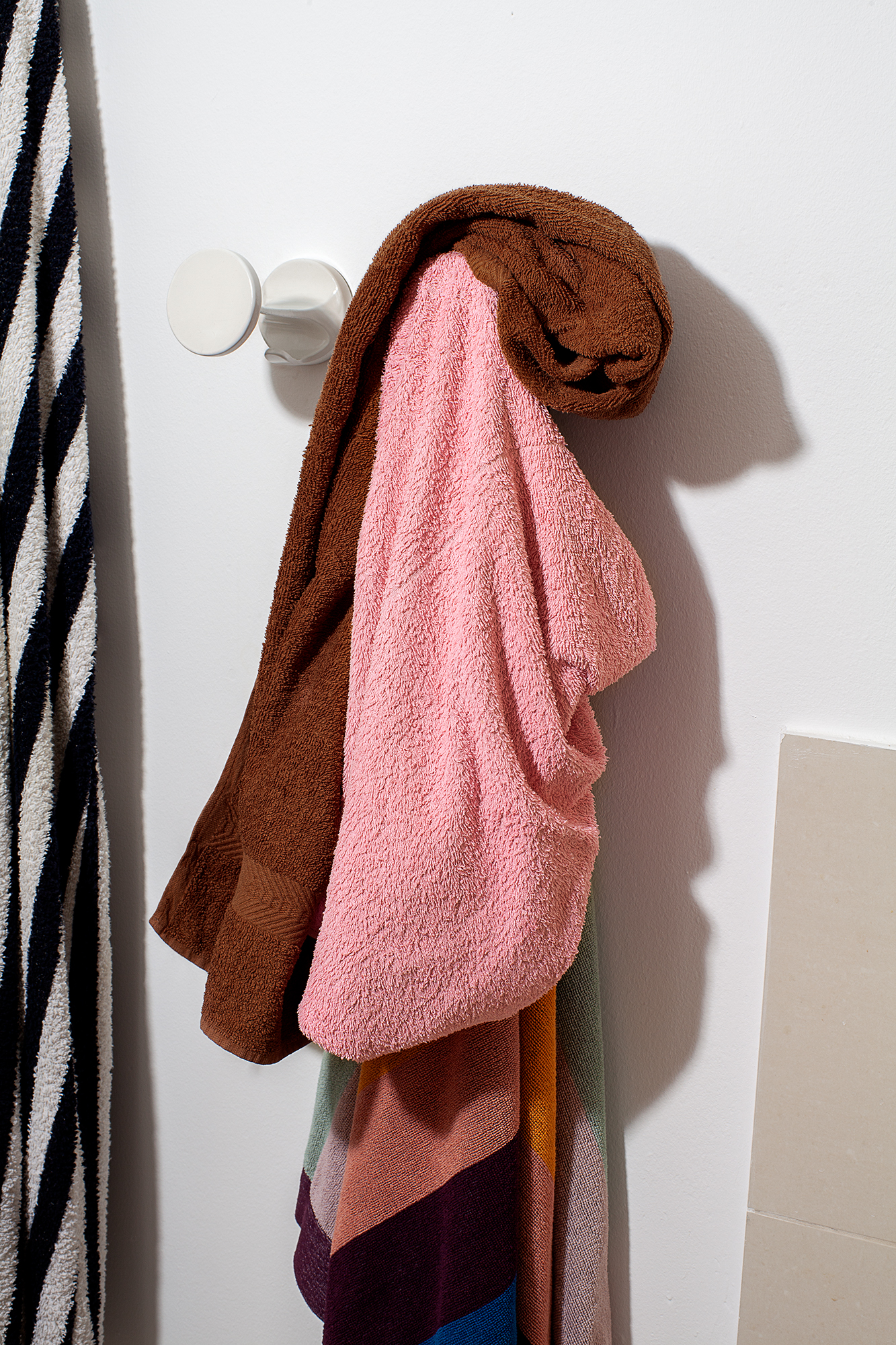
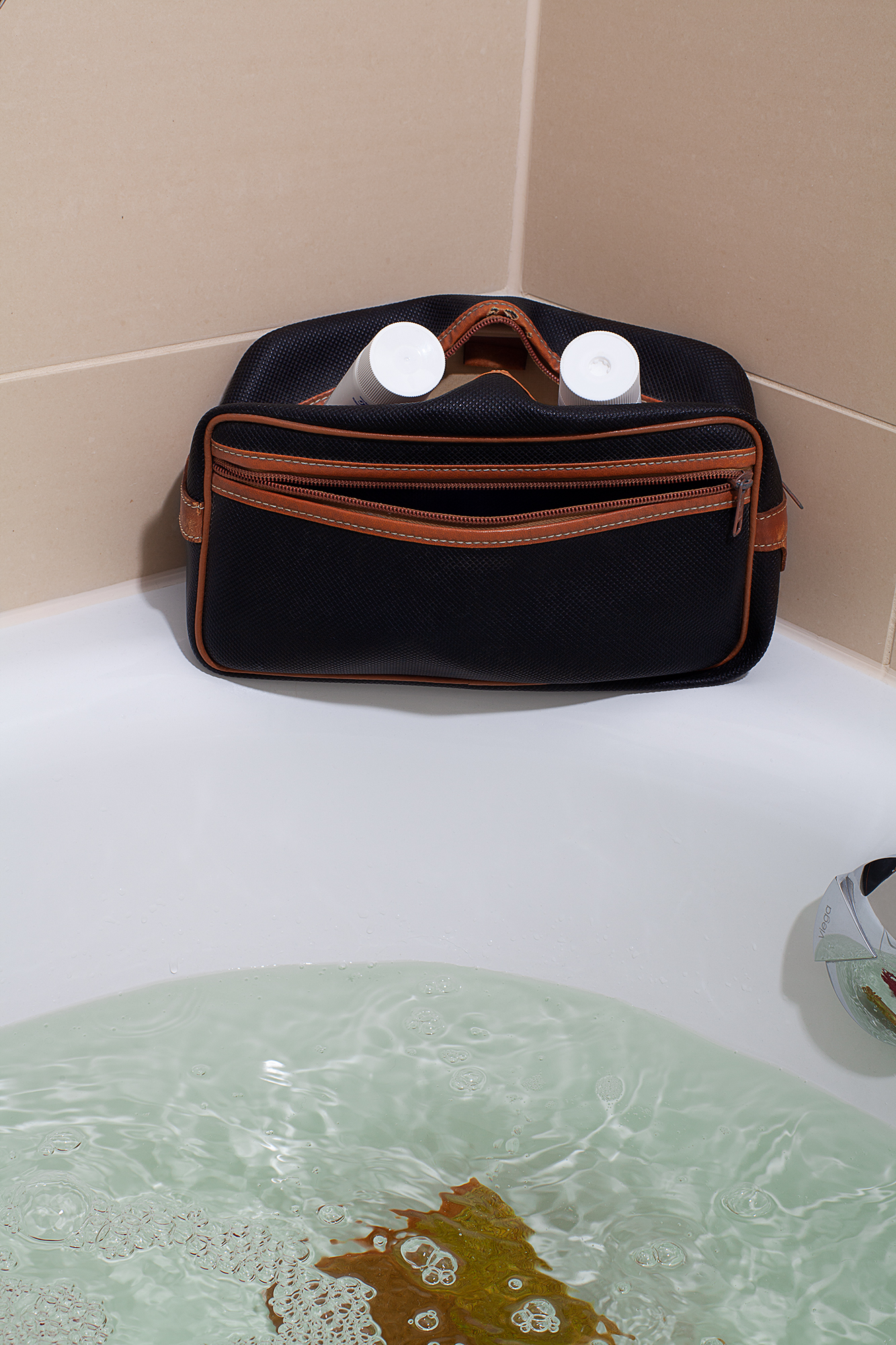
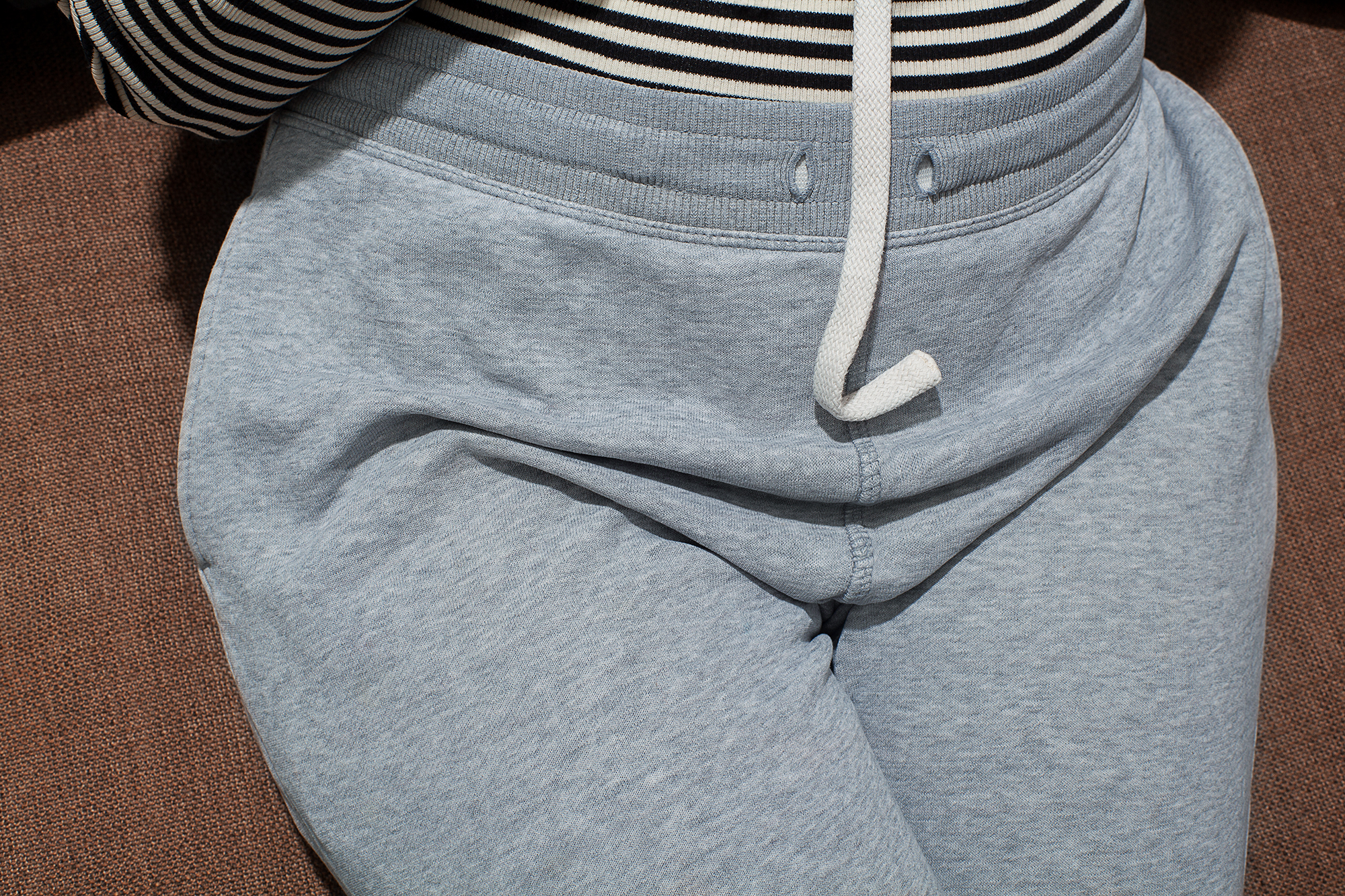
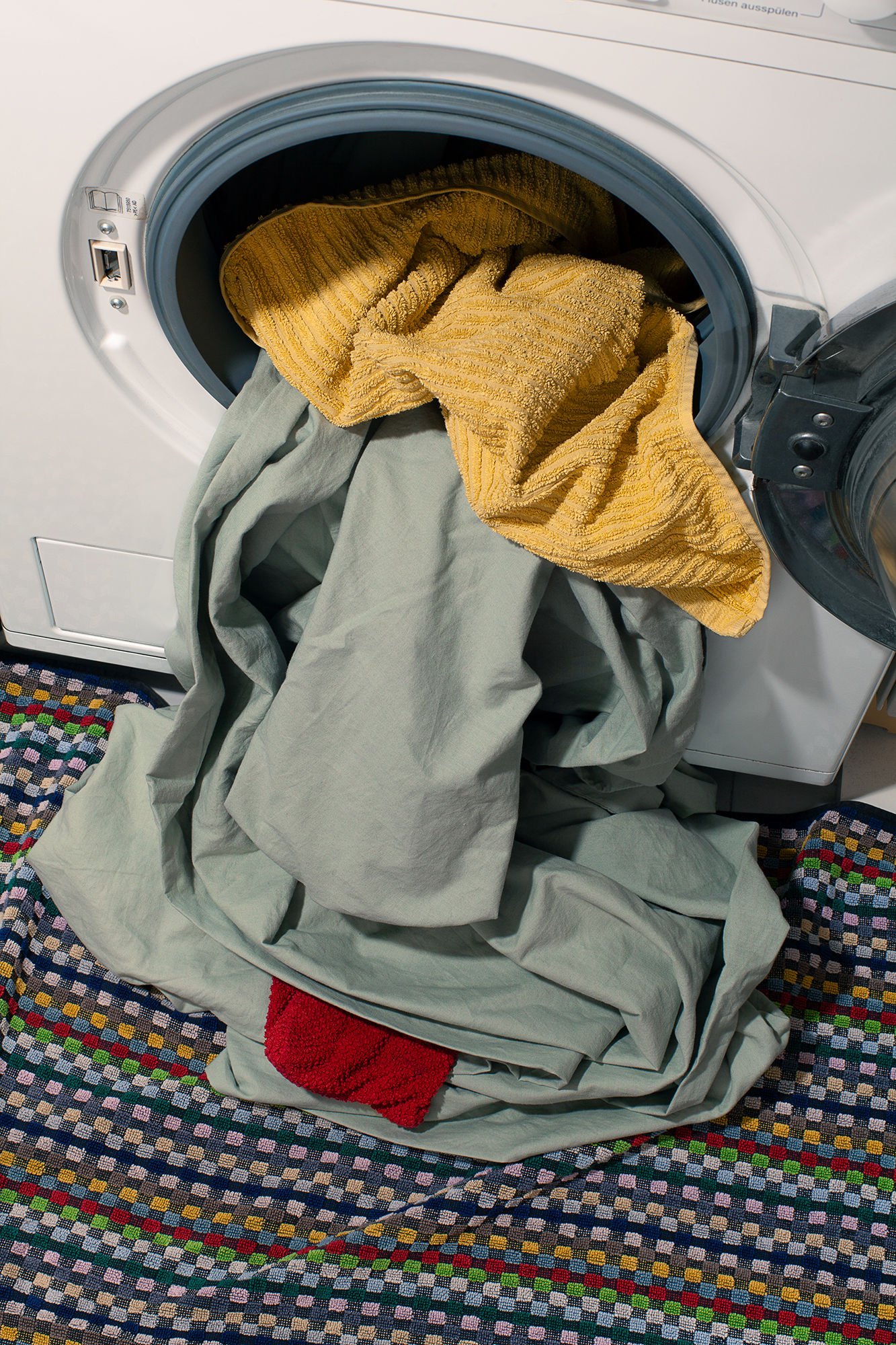
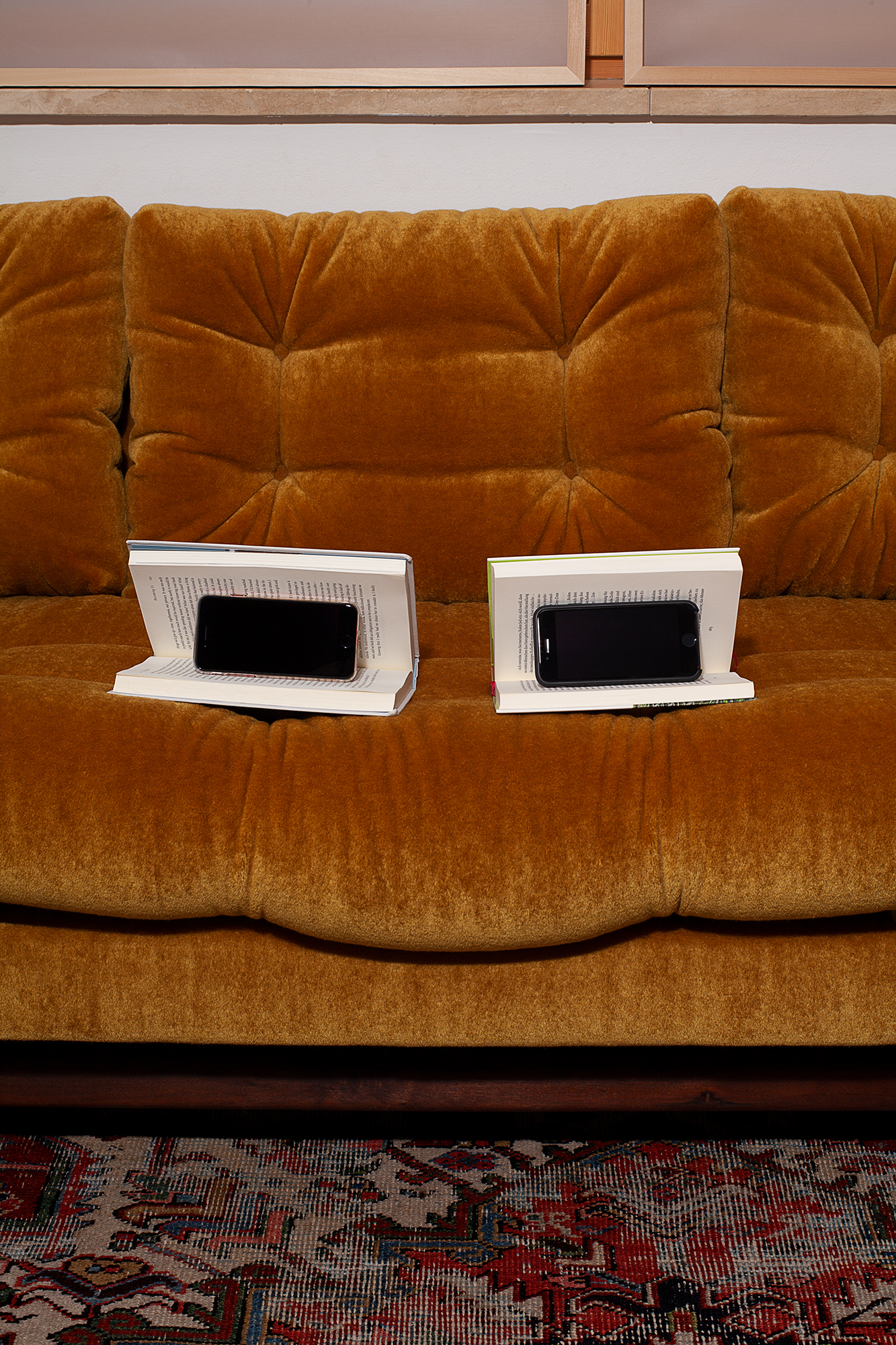
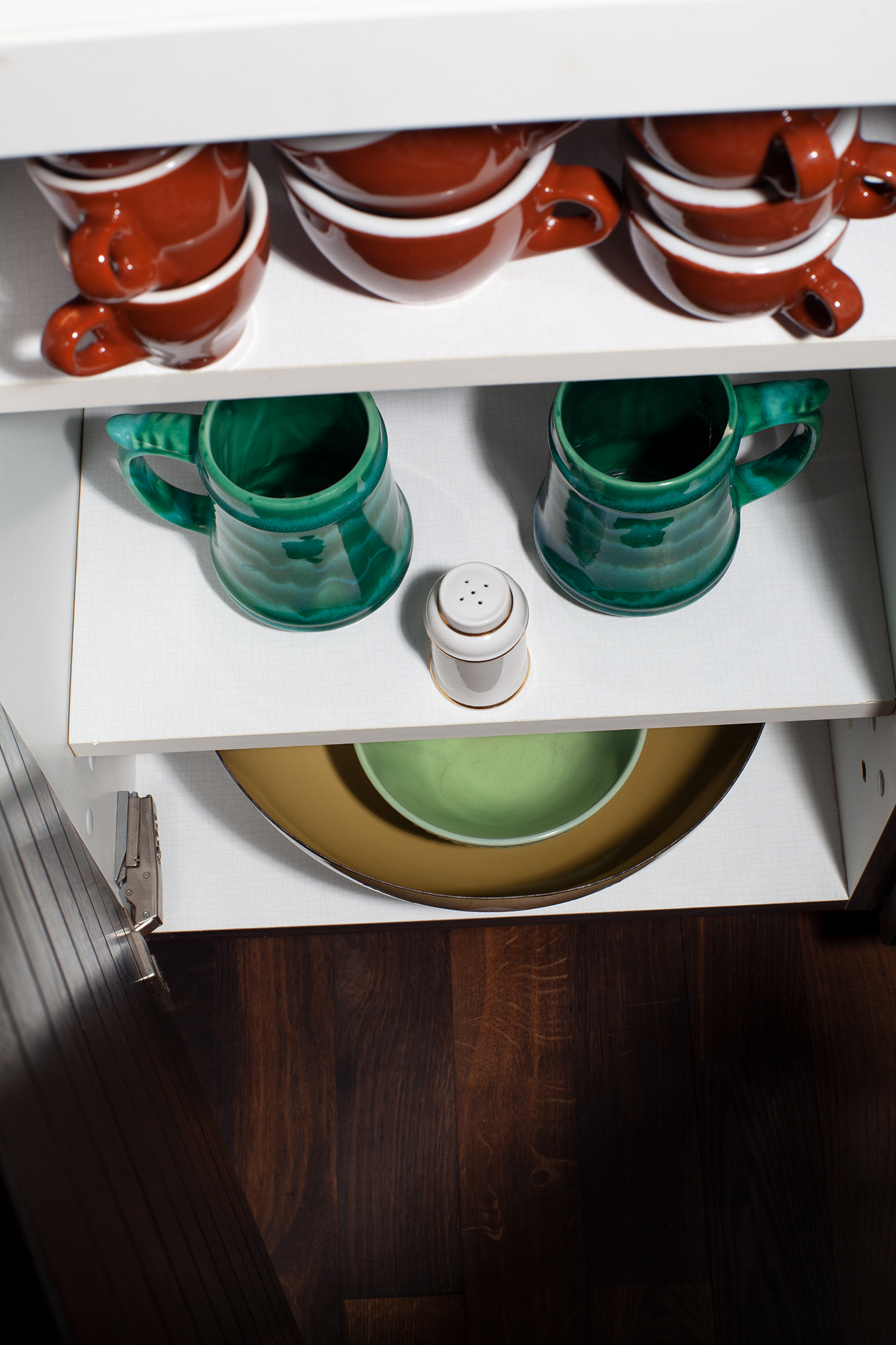
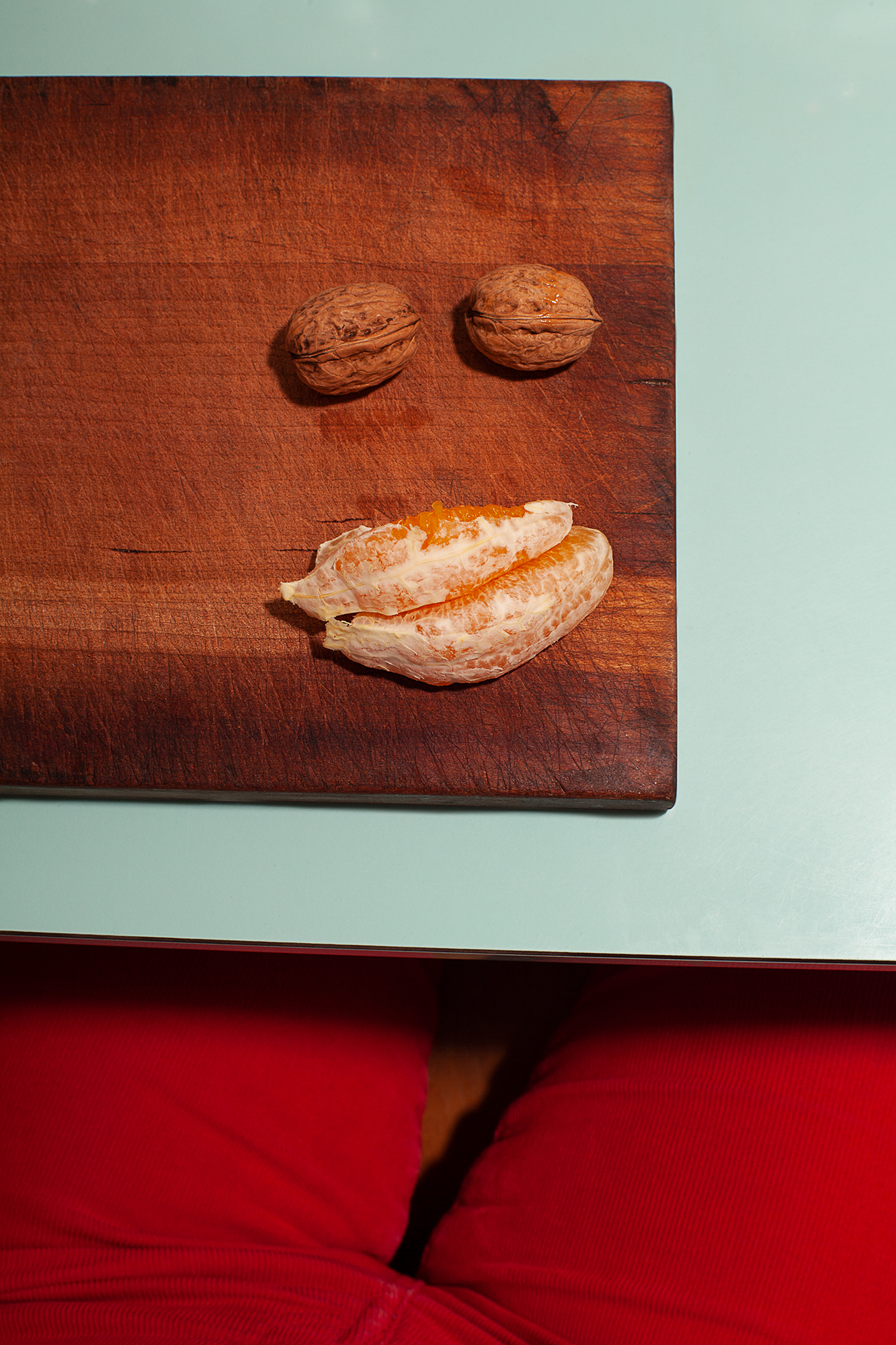
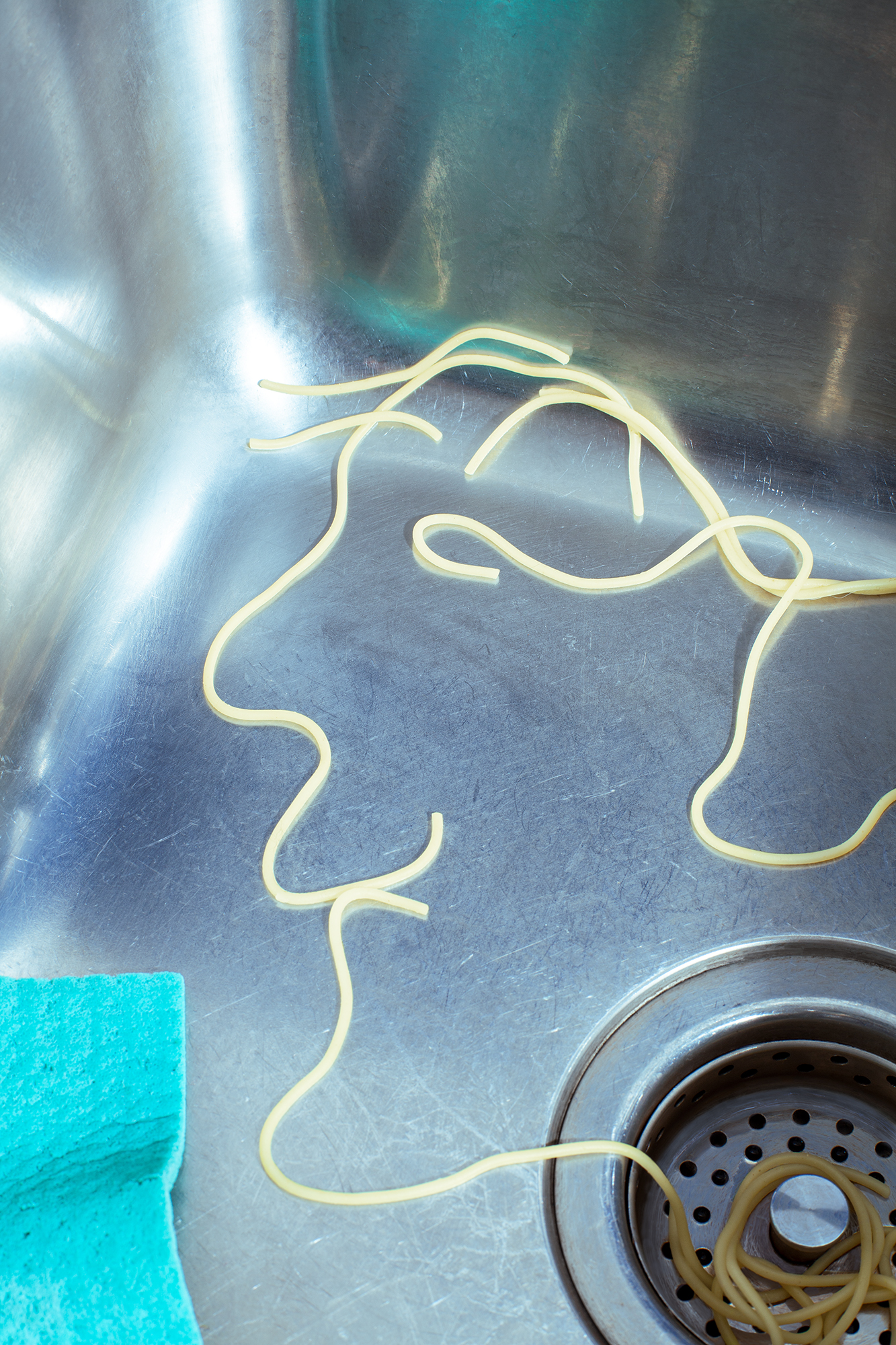
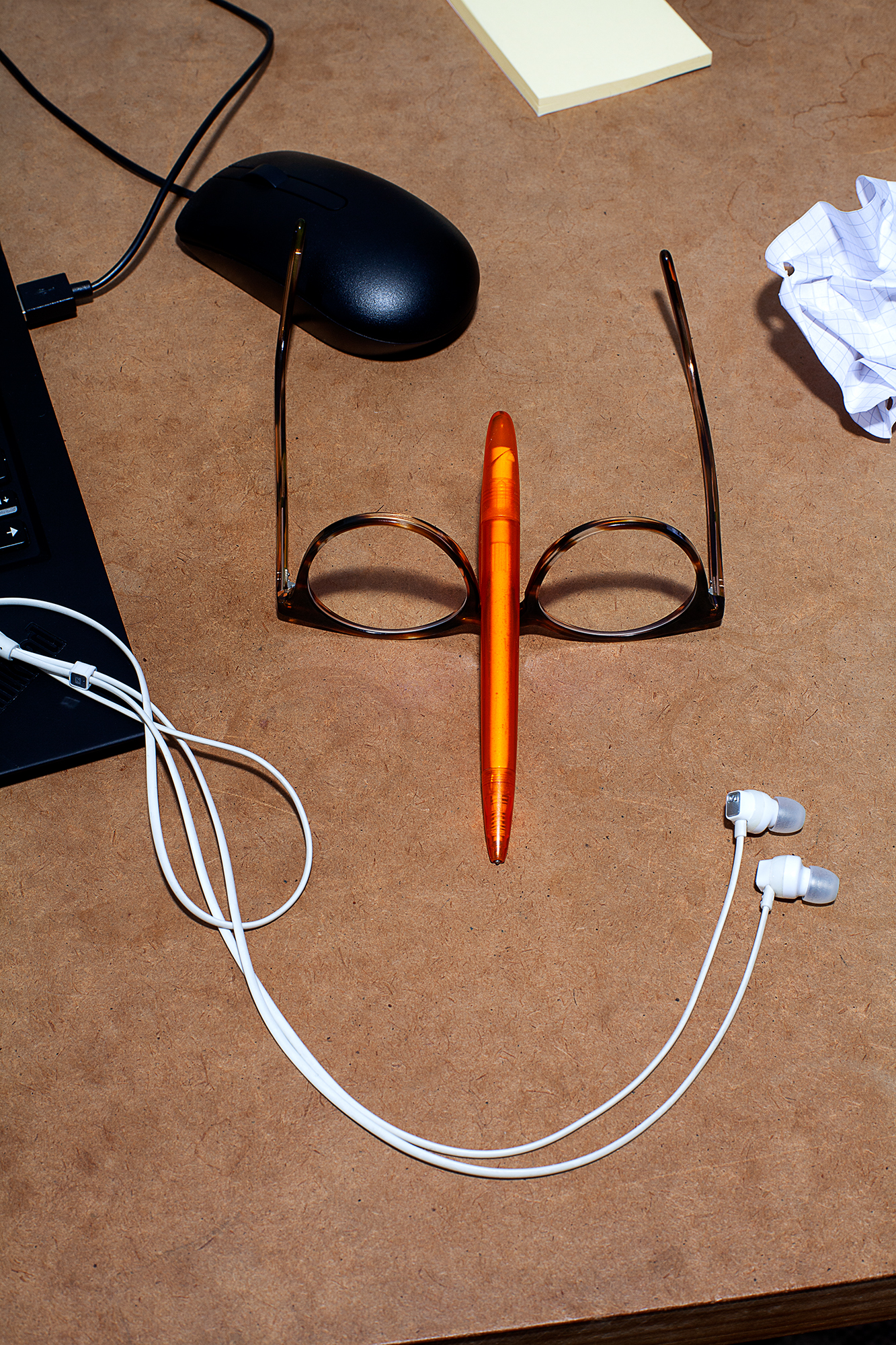
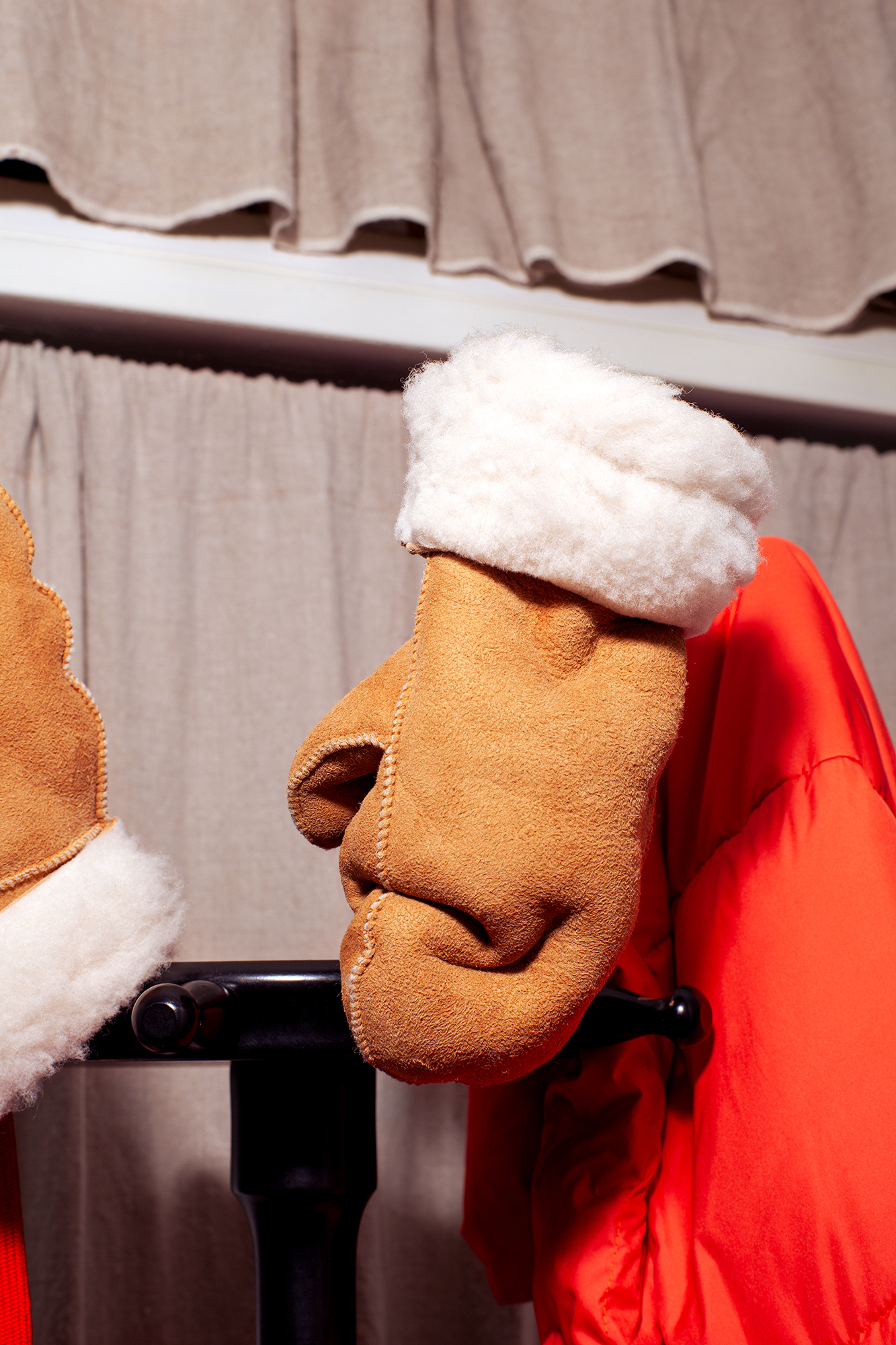
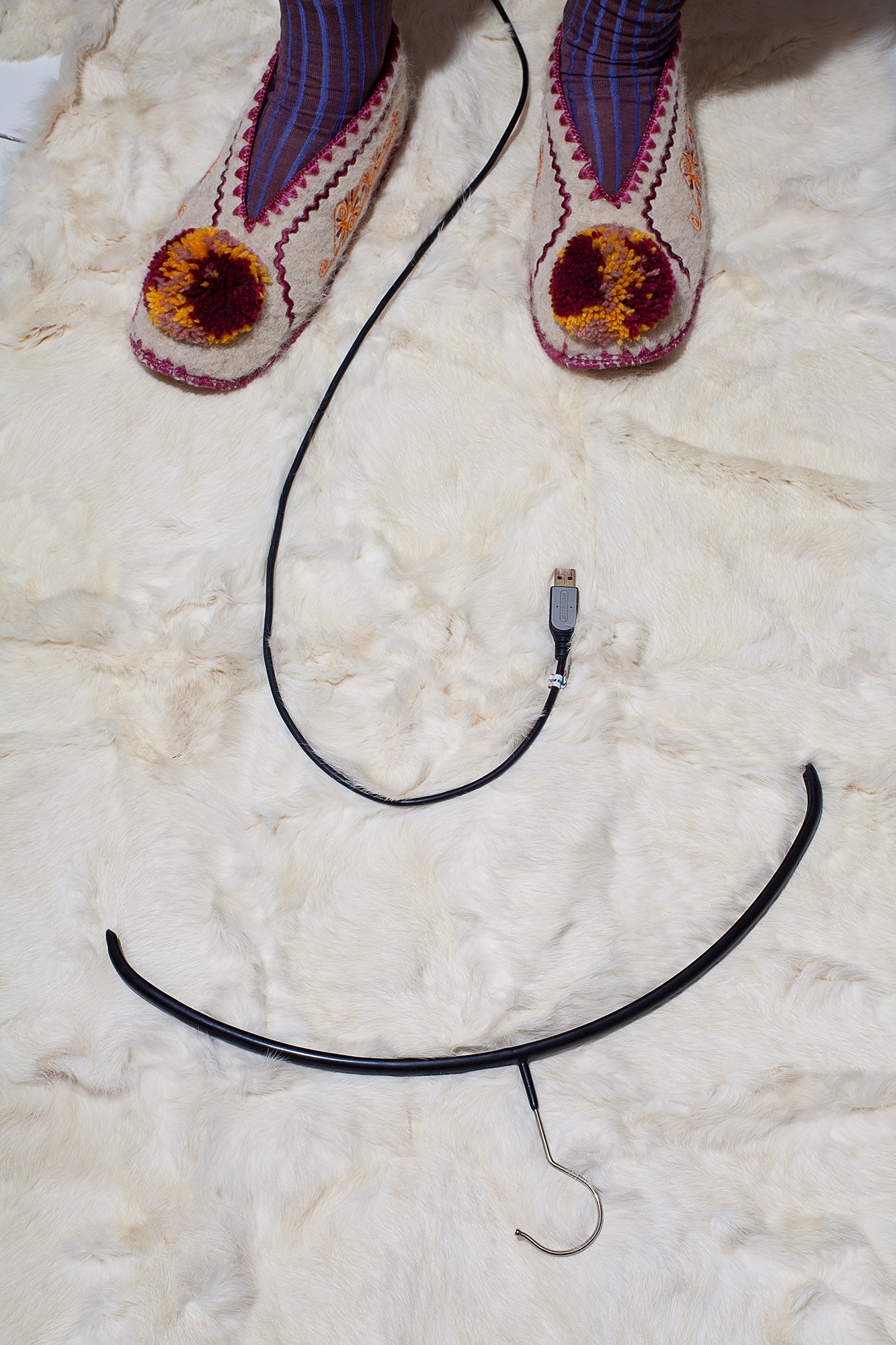
INFORMATION
Receive our daily digest of inspiration, escapism and design stories from around the world direct to your inbox.
Elly Parsons is the Digital Editor of Wallpaper*, where she oversees Wallpaper.com and its social platforms. She has been with the brand since 2015 in various roles, spending time as digital writer – specialising in art, technology and contemporary culture – and as deputy digital editor. She was shortlisted for a PPA Award in 2017, has written extensively for many publications, and has contributed to three books. She is a guest lecturer in digital journalism at Goldsmiths University, London, where she also holds a masters degree in creative writing. Now, her main areas of expertise include content strategy, audience engagement, and social media.
-
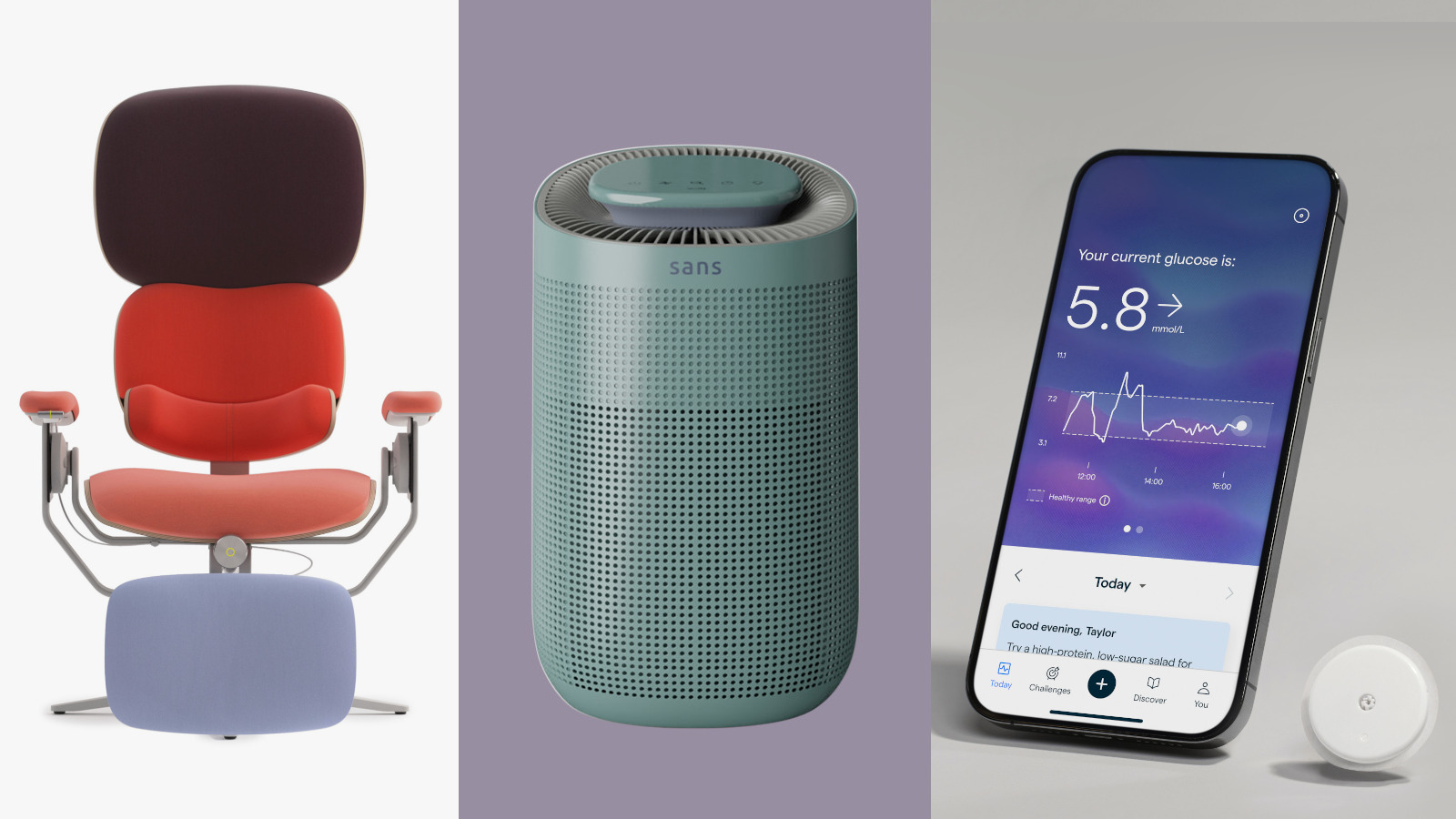 New tech dedicated to home health, personal wellness and mapping your metrics
New tech dedicated to home health, personal wellness and mapping your metricsWe round up the latest offerings in the smart health scene, from trackers for every conceivable metric from sugar to sleep, through to therapeutic furniture and ultra intelligent toothbrushes
-
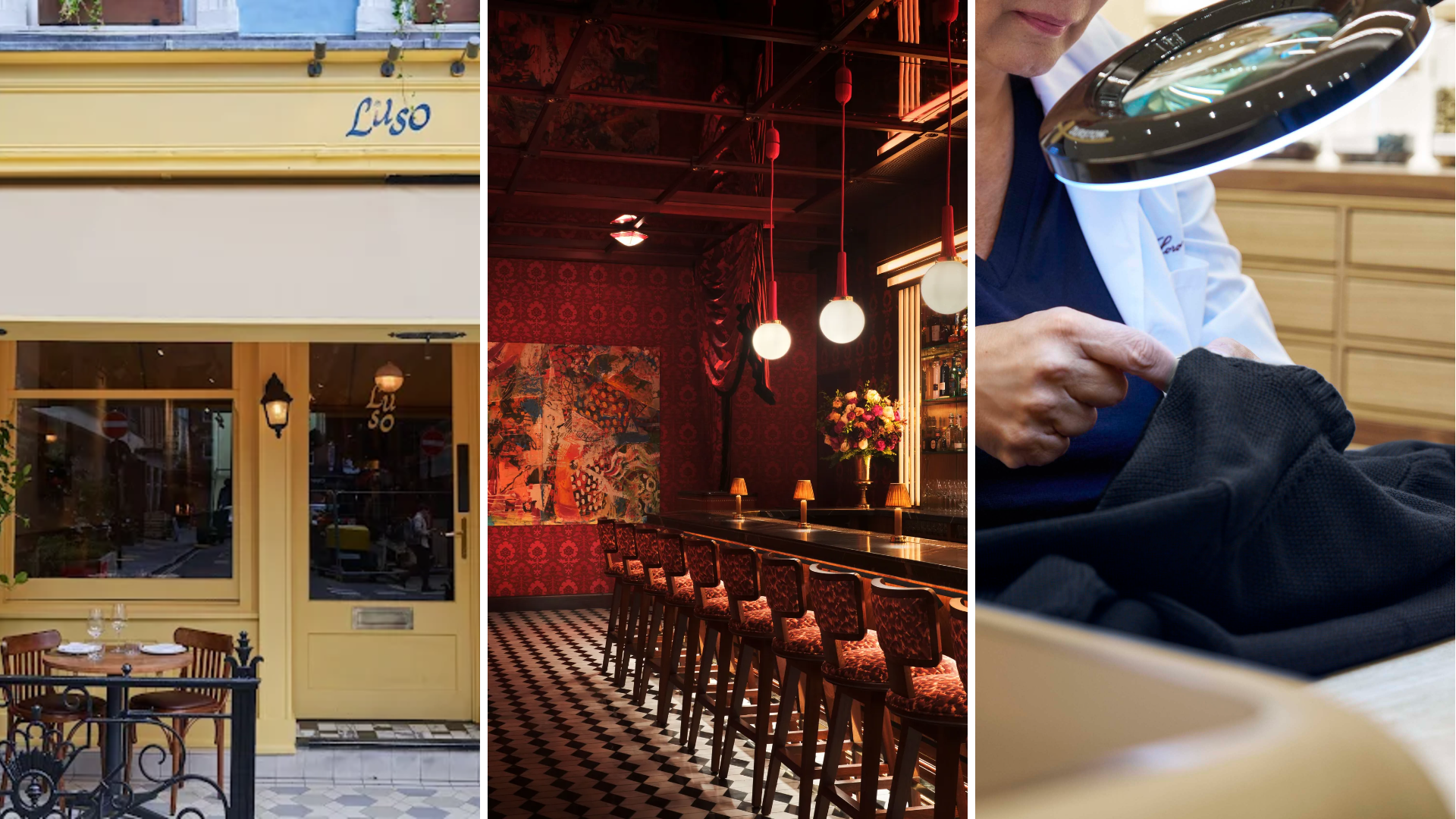 Out of office: The Wallpaper* editors’ picks of the week
Out of office: The Wallpaper* editors’ picks of the week'Tis the season for eating and drinking, and the Wallpaper* team embraced it wholeheartedly this week. Elsewhere: the best spot in Milan for clothing repairs and outdoor swimming in December
-
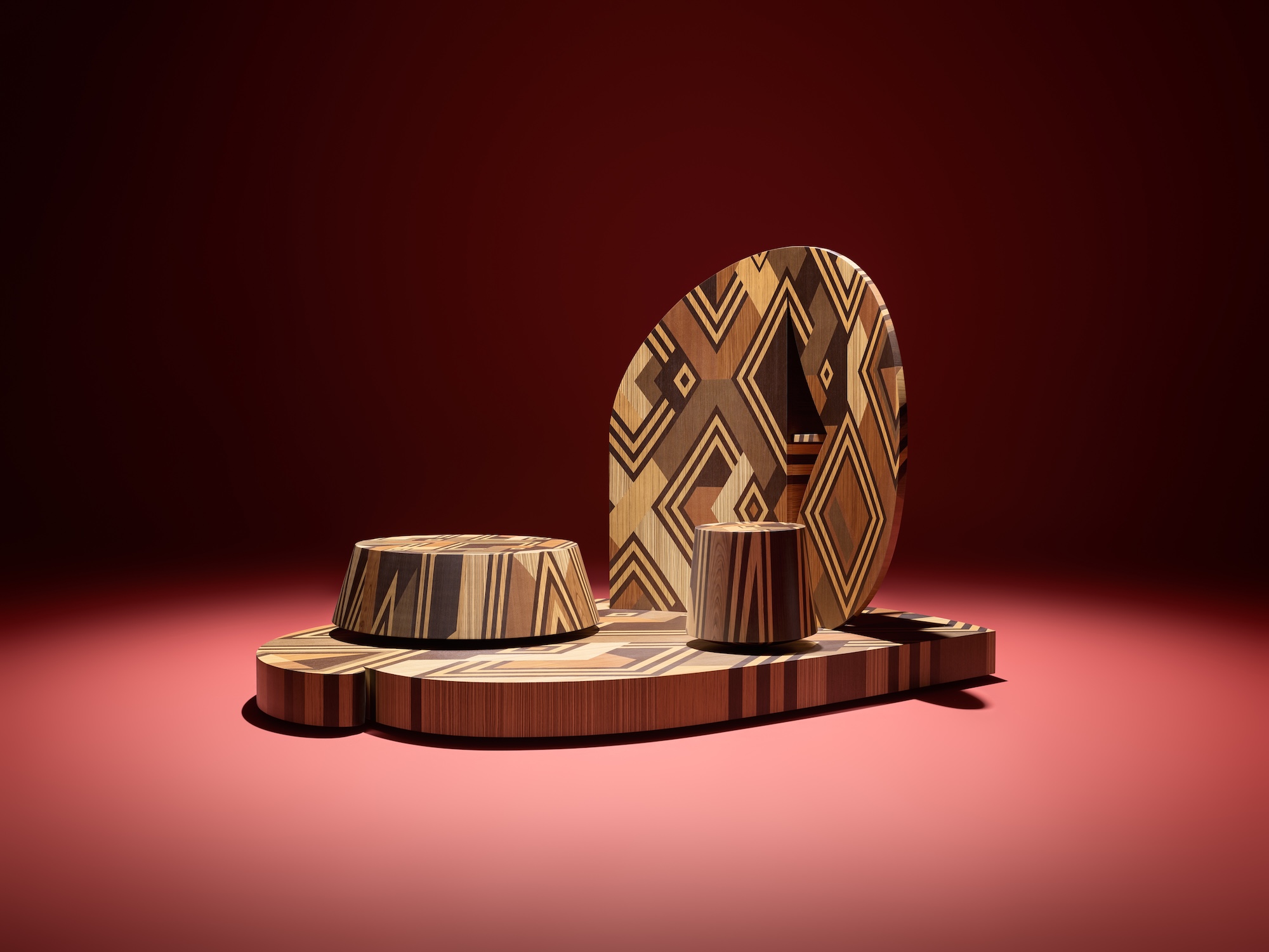 How Stephen Burks Man Made is bringing the story of a centuries-old African textile to an entirely new audience
How Stephen Burks Man Made is bringing the story of a centuries-old African textile to an entirely new audienceAfter researching the time-honoured craft of Kuba cloth, designers Stephen Burks and Malika Leiper have teamed up with Italian company Alpi on a dynamic new product